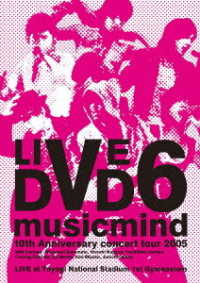- ホーム
- > 洋書
- > 英文書
- > Religion / Ethics
Full Description
The Scandal of Kabbalah is the first book about the origins of a culture war that began in early modern Europe and continues to this day: the debate between kabbalists and their critics on the nature of Judaism and the meaning of religious tradition. From its medieval beginnings as an esoteric form of Jewish mysticism, Kabbalah spread throughout the early modern world and became a central feature of Jewish life. Scholars have long studied the revolutionary impact of Kabbalah, but, as Yaacob Dweck argues, they have misunderstood the character and timing of opposition to it. Drawing on a range of previously unexamined sources, this book tells the story of the first criticism of Kabbalah, Ari Nohem, written by Leon Modena in Venice in 1639. In this scathing indictment of Venetian Jews who had embraced Kabbalah as an authentic form of ancient esotericism, Modena proved the recent origins of Kabbalah and sought to convince his readers to return to the spiritualized rationalism of Maimonides.
The Scandal of Kabbalah examines the hallmarks of Jewish modernity displayed by Modena's attack--a critical analysis of sacred texts, skepticism about religious truths, and self-consciousness about the past--and shows how these qualities and the later history of his polemic challenge conventional understandings of the relationship between Kabbalah and modernity. Dweck argues that Kabbalah was the subject of critical inquiry in the very period it came to dominate Jewish life rather than centuries later as most scholars have thought.
Contents
List of Illustrations xi Abbreviations xiii Introduction 1 Chapter One: Hebrew Manuscripts in an Age of Print 29 Chapter Two: Early Modern Criticism of the Zohar 59 Chapter Three: Guiding the Perplexed 101 Chapter Four: Safed in Venice 127 Chapter Five: A Jewish Response to Christian Kabbalah 149 Chapter Six: The Afterlife of Ari Nohem 171 Chapter Seven: Kabbalah and Scholarship in the Nineteenth Century 201 Epilogue: History of a Failure 231 Acknowledgments 237 Works Cited 239 Index 273








